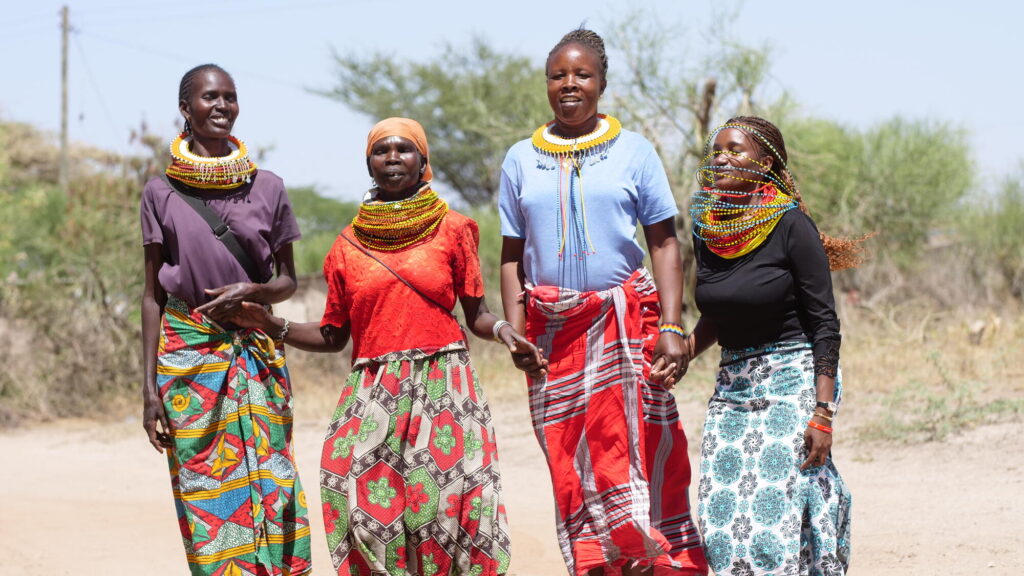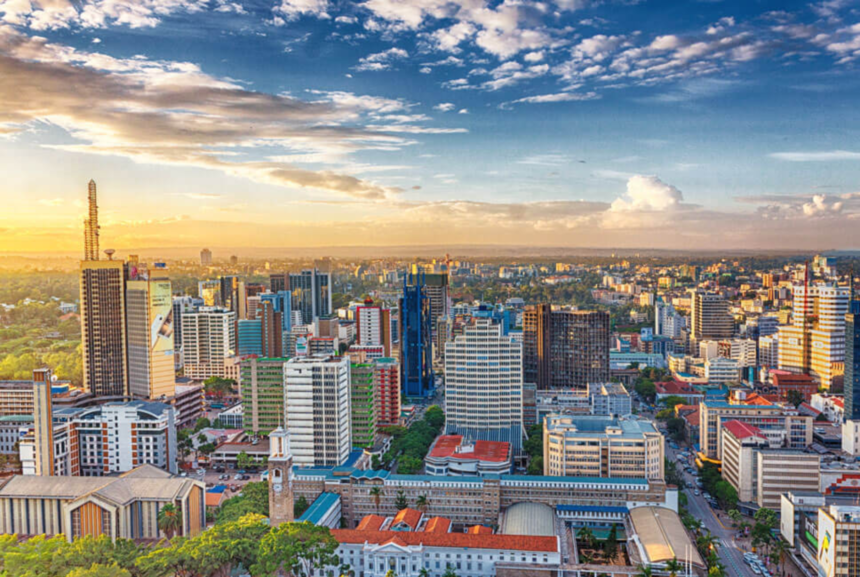Since the declaration of Kosovo’s independence, many states have recognized its statehood. However, many others, particularly in Africa, still refuse to do so due to concerns about separatist movements within their own countries.
In the first meeting held by the African Union (AU) this month, Morocco – which holds the presidency of this institution for the month of March – called for the protection of “territorial integrity” as a way to maintain stability on the continent.
The recognition from Kenya could bring a shift in this policy, potentially encouraging other African states to follow suit.
Gëzim Visoka, author of the book “Non-Recognition of States,” believes that if institutions are engaged, this could be a “turning point in favor of Kosovo.”
“Recognition by Kenya presents a good opportunity for the Government of Kosovo, as well as other engaged actors, to regain momentum and work in a sustainable and strategic manner to complete the international recognition process for Kosovo,” Visoka said in an interview with Radio Free Europe.
Visoka, a professor of Peace and Conflict Studies at the University of Dublin in Ireland, added that in the future, Kosovo should aim for 10 to 12 recognitions per year.
Serbian President Aleksandar Vučić stated that recognition from Kenya could spark a trend of recognitions for Kosovo.

He mentioned that he would personally engage with leaders in East Africa to prevent the “spread of this recognition trend.”
Additionally, he warned that in the next two weeks, two African countries would withdraw their recognition of Kosovo’s independence, although he did not specify which ones.
In the past, Serbia has claimed that countries like Suriname, Burundi, Liberia, the Solomon Islands, Madagascar, Ghana, and others have withdrawn their recognition, with most of them located in Africa.
Visoka previously described the non-recognition of Kosovo as “disorderly acts,” which have no real meaning for Kosovo, especially since the reasons stated in the initial recognitions – such as the 2010 ruling by the International Court of Justice stating that Kosovo’s independence does not violate international law – have not changed.
“In most cases, non-recognitions come from states that are mainly post-colonial, without a long diplomatic tradition, and are known for shifting foreign policies that change depending on financial, economic, and even military assistance they receive from regional or international powers,” Visoka said.
Kosovo’s Ministry of Foreign Affairs and Diaspora (MPJD) has accused Serbia of pressuring countries to either not recognize or withdraw recognition of Kosovo’s independence.
According to the MPJD, Serbia is disregarding the commitments made in the 2023 Ohrid Agreement regarding the path to normalization, by refusing to recognize Kosovo and distorting international legal principles.
Why Has Recognition by Kenya Sparked Reactions?
In addition to Kosovo’s hope and Serbia’s fear that Kenya’s recognition could start a new wave of recognitions, Kenya’s recognition is particularly important. Among the African countries that have recognized Kosovo’s independence so far, Kenya is the second-largest by GDP, after Egypt.
Following the official recognition by Kenya, Kosovo’s President, Vjosa Osmani, said that during her meeting with Kenyan President William Ruto, they discussed “opportunities for deepening cooperation in trade, education, tourism, and other areas of mutual interest.”
“Both our countries are committed to opening diplomatic missions as a concrete step toward a strong and sustainable partnership,” Osmani wrote on X (formerly Twitter).
Until now, Kenya’s role in the Balkans has been limited to peacekeeping missions under the United Nations.
However, in Africa, especially in East Africa, Kenya plays a significant role as a regional power, participating in various projects such as the electrical highway with Ethiopia and the East African Power Pool.
Kenya is also a founding member of the East African Community (EAC), currently chaired by President Ruto. It has also played a key role in mediating conflicts within the region.
For example, on March 28, Kenya sent former Prime Minister Raila Odinga to South Sudan, aiming to prevent the return of civil war.
Why Have More States Not Recognized Kosovo?
Since 2008, Kosovo has secured recognition from nearly 120 states. In recent years, Kosovo’s Ministry of Foreign Affairs has been criticized by opposition parties and political analysts for not securing more recognitions.
Visoka states that there are several reasons why Kosovo has not gained more recognitions. Among them, the “shift in Kosovo’s foreign policy priorities” and “Serbia’s proactive diplomatic campaign to prevent, and where possible, withdraw recognitions of Kosovo” are primary factors.
According to him, the Washington Agreement, signed on September 4, 2021, also had an impact, as Kosovo agreed to respect a one-year moratorium during which it would not apply for membership in international organizations.
“This has created the international impression that Kosovo is no longer interested in gaining new recognitions or that the path to recognition should go through the EU-mediated dialogue for normalizing relations with Serbia,” Visoka said.
The Washington Agreement also obligated Serbia to suspend its initiative to convince countries worldwide to withdraw their recognition of Kosovo’s independence.
Visoka argues that many countries fear the recognition process could have destabilizing effects and undermine their interests, which is why they tend to preserve the existing international order and prioritize territorial integrity over the right to self-determination.
However, he believes this could change if Kosovo, the state seeking recognition, engages in “proactive diplomacy” and “works closely with its global allies.”







